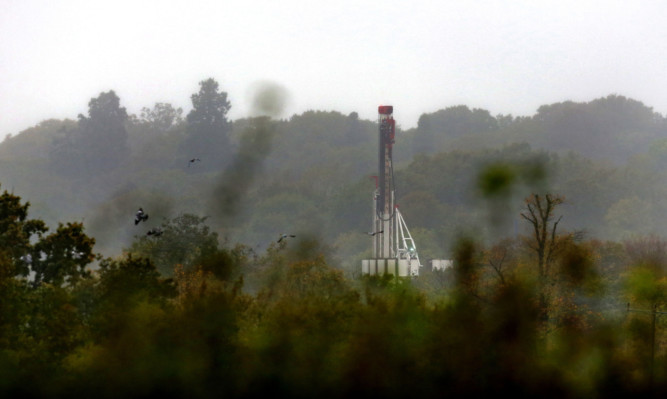Spin is beating science in the debate over unconventional oil and gas in Scotland, according to the boss of a leading engineering firm.
Keith Cochrane, chief executive of Weir Group, said he fears the country will be left behind if it does not take advantage of shale gas opportunities.
The Scottish Government has announced a moratorium on granting planning consents for hydraulic fracturing or “fracking” – the method by which the gas is extracted.
It will be in place while a full public consultation is carried out alongside further research into the technique to look at planning, environmental regulation and the impact on public health.
Chemicals giant Ineos has warned its petrochemical plant at Grangemouth is unlikely to have a long-term future unless an indigenous shale gas industry can be developed, but environmental campaigners have welcomed the moratorium.
Glasgow-based Weir Group is the world’s leading supplier of pressure pumping equipment to the hydraulic fracturing industry.
In a speech to business leaders in Edinburgh, Mr Cochrane said Scotland and the UK could benefit from technology that had helped “transform” America’s energy industry.
He said: “Unconventional energy can only be part of a broader solution but it can play an important role.
“I accept the issue is controversial and of course Scotland and the rest of the UK are perfectly within their rights to say no. All I ask is that they do so on the basis of fact and reason. If rather than propaganda and spin.
“I’m afraid as I look at the recent debate unfold in Scotland in particular, I think the spinners are beating the scientists and we should all regret that.
“I have a real fear Scotland, and to some extent the UK, risk becoming too insular, too self-obsessed. While we look in the mirror, other countries are racing ahead.
“I’ve seen at first hand the advantage shale has given the US when it comes to energy costs and they are taking full advantage of it, while here in Scotland too many seem to be looking for an excuse to say no, rather than working out how we can use these resources to support economic growth.”
